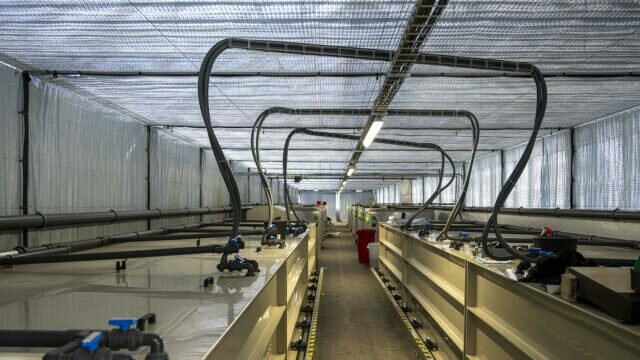Author

Rising energy prices, an unstable geopolitical situation and rising inflation has resulted in skyrocketing price increases of inputs to agricultural production. Of course, this has a negative effect on the price of foodstuffs. In contrast, the sustainable aquaponics economy stands out more than ever.
Price increases everywhere you look
In agriculture, the price of fertilizers, feed, and fuel is skyrocketing. It seems incredible, but the price of the most commonly used fertilizer in the CR rose an average of 300% year-on-year. The reason is simple: the price of fertilizer is linked to the prices of crude oil and natural gas.
The price of feed mixes has also increased by around 85%, while the price of pesticides has “only” grown by 10 to 15% year-on-year.
The increasing price of fuel also pushes up the cost of spring field work. In short, the price of foodstuffs produced by conventional agricultural methods can be expected to rise uncontrollably. For many people this will result in an unsustainable situation.
Optimistic aquaponics scenario
Let’s take some of the edge off these dire facts: we do have options. Aquaponics offers the prospect of a better tomorrow. You’ll learn how aquaponics works and why it is sustainable in our nourishing video. Right now let’s focus on the primary economic benefits of aquaponics.
Independence from the inputs of traditional agriculture
One of its merits is that the rising costs of inputs do not affect aquaponics at Future Farming, because:
- We do not buy feed mix for fish.
- We use neither fertilizers nor pesticides.
- We do not use agrotechnology.
We produce our own fish food in cooperation with Organta. Plants receive fertilizer and nutrients from fish and “friendly” bacteria. In turn, plants clean the water for the fish. No agrotechnology is needed, only the hands of people willing to share in growing the future.
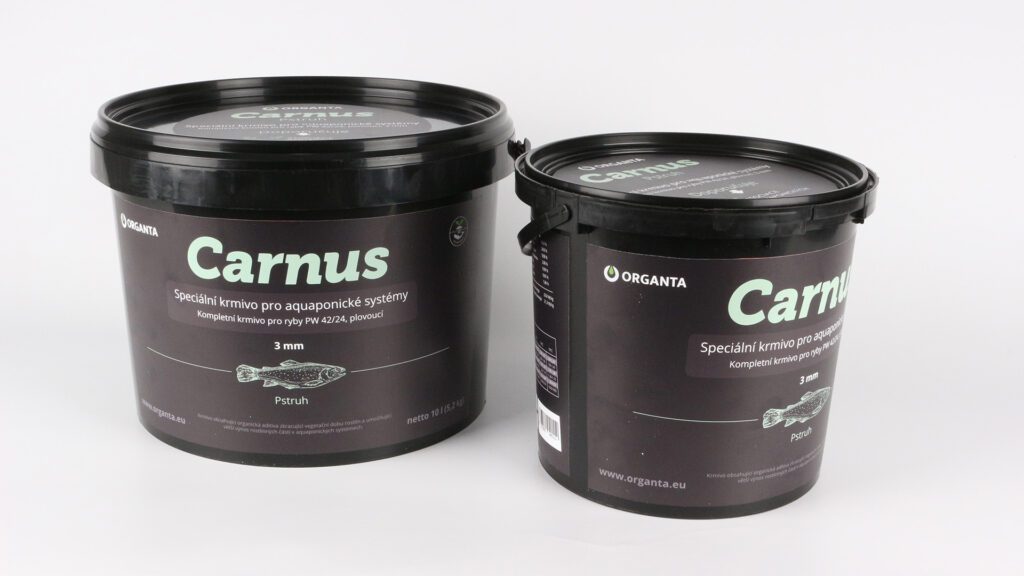
Savings at every step
Another essential aspect of the economic sustainability of aquaponics is the energy savings. Due to the minimal maintenance of the system, up to 70% energy is saved compared with traditional agriculture. We also use energy from partially renewable sources.
Our vertical growing systems result in considerable space savings. These systems can be built anywhere (contaminated land, unused industrial buildings, etc.). A relatively small and otherwise unused space can thus produce a much larger yield than in conventional agriculture.
Production is local; therefore, we do not have to add surcharges for fuel to the price of our products.
Steady production, stable prices
Aquaponics is completely independent of the weather and climate, producing year-round without seasonal fluctuations. The price of our products, then, do not vary significantly, in contrast to the prices of other vegetable producers.
In the graph you can see the jumps in prices of traditionally grown vegetables, which are caused by dependence on the vagaries of the weather in the given years.
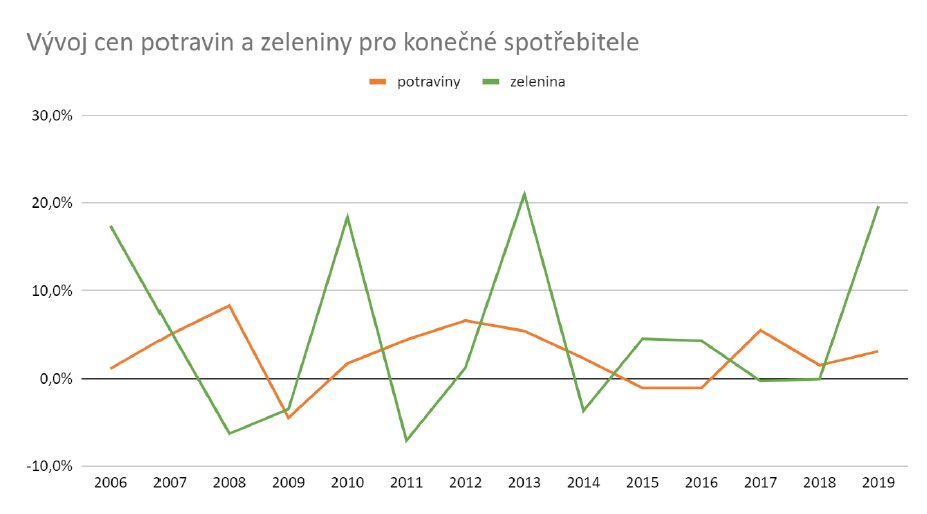 Image: Development of food (orange) and vegetable (green) prices for final consumers [source]
Image: Development of food (orange) and vegetable (green) prices for final consumers [source]
The State Agricultural Intervention Fund (SAIF) regularly tracks agricultural commodities and provides important information about the production of Czech vegetables in a specific time period. For the chosen samples (cauliflower, eggplant, head lettuce, and spinach) it was shown that they are either produced locally only in season or that they are not produced in sufficient quantities to have a bearing on the market. This could change with year-round aquaponic production.
Fertile soil for finance
Almost everyone can find an economic opportunity with aquaponics. If you get involved, you can grow your own finances along with healthy foodstuffs. What are the options?
Become a part of needed change
Aquaponics is our chance at a healthier and more affordable future. So let’s work together to expand the field of aquaponics and make it more accessible.
I want to get involved
Share the article
Do you like the article? Don't miss the next one
Subscribe to our aquaponics editorial newsletter.
Read the next article
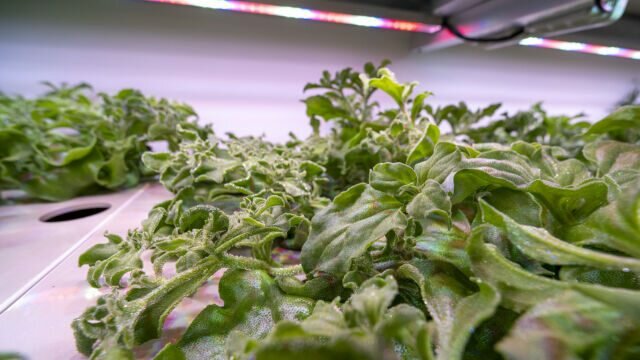
Ice Plant: Ice beauty in the form of diamond lettuce
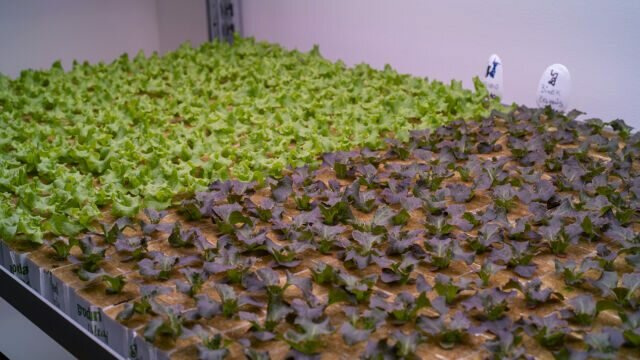
What did Future Farming lead to grow its own seedlings
Future Farming in the media
Think globally, act locally
Join the 21st century modern farming community. You too can contribute to a better future for our country. It’s easy.


